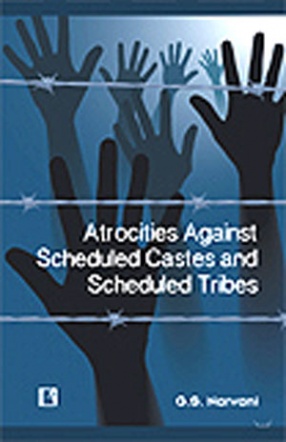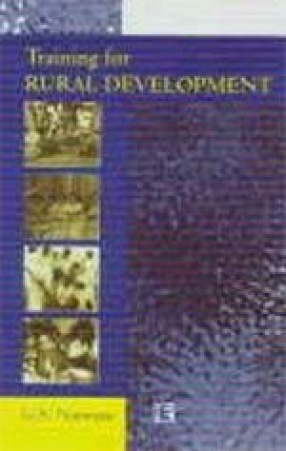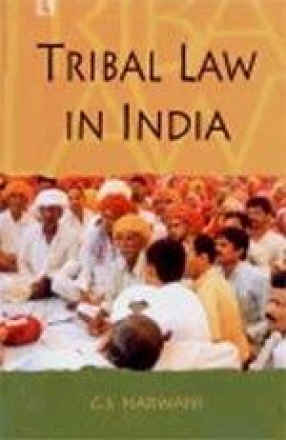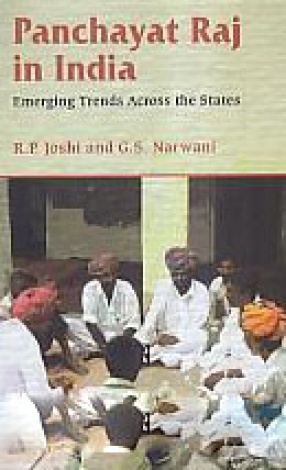
Showing all 5 books




While drafting the Constitution of India, Dr B.R. Ambedkar made an earnest effort to ensure equality to all Indian citizens, including Dalits, with a view to bring about a society free from exploitation of all kinds. Besides Article 17 of Constitution of India, which abolished untouchability, special laws like PCR Act, 1955 and Prevention of Atrocities against SC/ST Act, 1989 were also enacted to ensure this. What types of atrocities still continue in our ...

Panchayati Raj, as a system of governance at the grass roots level in rural India, has been rightly conceived as the most viable and proper mechanism of realizing goals of democracy and decentralization. The current debate is not on its desirability but on strengthening it by identifying its weaknesses and taking care of the lacunae which are still there is spite of its constitutionalization through the historical 73 Constitution Amendment Act. It is now almost a ...

Panchayati Raj, a system of governance at the grassroots level in rural India, has been rightly conceived as the most viable and proper mechanism of realizing goals of democracy and decentralization. The current debate is not on its desirability but on strengthening it by identifying its weaknesses and taking care of the lacunae which are still there despite its constitutionalization through the historical 73 Constitutional Amendment Act. Prominent among these ...

Tribal communities have been obeying customary laws through their traditional Panchayats since long. Vast literature is available on religion, culture, marriage and family traditions of tribal communities living in the Fifth Schedule states or in autonomous hill districts of the north-east covered by the Sixth Schedule of the Indian Constitution. It was only in 1996 that Panchayats (Extension to Scheduled Areas) Act was enacted by Parliament and it was enjoined ...

